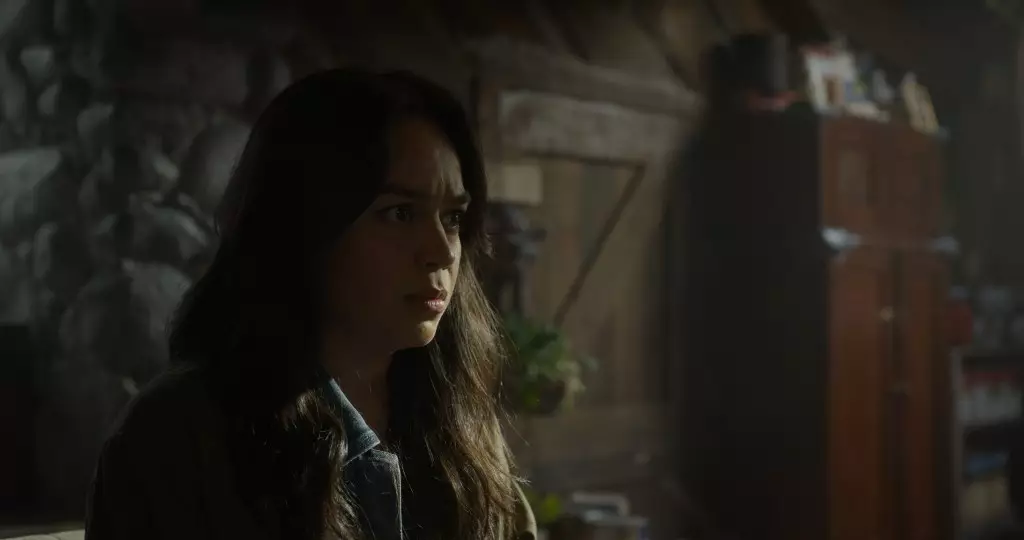The Final Destination franchise has carved its niche as a pioneer of the horror genre, twisting fate and teasing audiences with the invincibility of death. For a series that has captivated viewers for over 25 years, the recently announced sixth installment, *Final Destination: Bloodlines*, promises a refreshing – if not audacious – departure from its predecessors. Fueled by the insightful direction of Zach Lipovsky, this film is not merely recycling plot points; it dares to challenge the audience’s expectations while simultaneously reviving their interest.
What stands out the most about *Bloodlines* is its audacious leap back to 1969 for the opening premonition. An era brimming with the dichotomy of peace and chaos, this historical backdrop adds depth to the narrative and encapsulates a level of unpredictability that has often been missing in contemporary horror. In a genre that sometimes indulges in formulaic storytelling, taking viewers on a temporal journey is a move that could either spell disaster or epiphany. Lipovsky’s assertion that the “eye of a different person” will take center stage provides an exhilarating twist that invites the audience to reconsider who the real protagonist is.
Fleeting Patterns in Fatality
What’s also refreshingly provocative about this installment is its commitment to subverting the fundamental nature of the series. Traditionally, audiences have come to expect a certain level of predictability regarding who meets their demise and how. Lipovsky and co-director Adam Stein are shattering this illusion, aiming to keep horrified viewers at the edge of their seats not just with gruesome deaths, but rather by obscuring the lines of expectation. This deliberate act of defiance against narrative patterns serves to reinforce the film’s core theme—death is an omnipresent force marked by its capriciousness.
By turning on its head the formula that has guided the series so far, *Bloodlines*, as Lipovsky suggests, urges viewers to engage more actively with the material. This interaction—where viewers are conditioned to ‘lean forward,’ second-guessing who will survive—creates a fertile ground for immersive horror. Might this signify a new era for slasher films, leaving audiences emotionally invested beyond the initial shock value?
Emotional Stakes and Character Depth
Alongside the technical bravado of *Final Destination: Bloodlines*, character development appears poised to play a crucial role. Stefanie, the college student grappling with a prophetic nightmare, reflects a deeper resonance that could transcend the conventional archetypes often found in horror films. By introducing relatable characters entangled in unresolved familial trauma, the narrative takes on a chilling form of authenticity. It elevates the ghastly stakes to more than just survival; it addresses grief, fear, and the burden of fate, resonating with an audience that craves emotional investment alongside visceral excitement.
The film’s premise lends itself not just to shock sequences tailored to thrill-seekers but also to an exploration of broader existential themes. What chains bind us to the ones we love? Can we truly break free from the ominous specter of fate? Lipovsky seems keen on weaving a more profound tapestry that invites introspection amidst the terror.
Ultimately, *Final Destination: Bloodlines* promises to be more than an extension of its franchise; it aspires to redefine the narrative apparatus of horror itself. All eyes will be on this daring gamble when it hits theaters May 16, and fans of the genre can only hope that it delivers not merely a replay of the past but a haunting yet innovative glimpse into what lies beyond death’s neck-snapping grasp.


Leave a Reply